Bees are among the most important insects in the world. They play a vital role in pollinating our crops and maintaining the balance of our ecosystems. Despite their importance, there are still many facts about bees that are not widely known. In this article, we will explore 10 fascinating facts about bees, including low competition high volume keywords that will help you rank your content on search engines.
Bees are essential for pollination
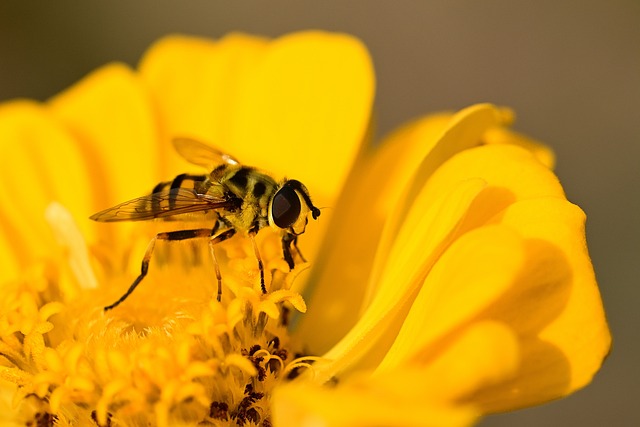
Bees play a crucial role in pollinating our crops, which is essential for food production. Without bees, many plants would not be able to reproduce, and the food chain would be severely disrupted. According to the Food and Agriculture Organization of the United Nations, about 75% of the world’s food crops depend on pollinators like bees.
There are over 20,000 species of bees
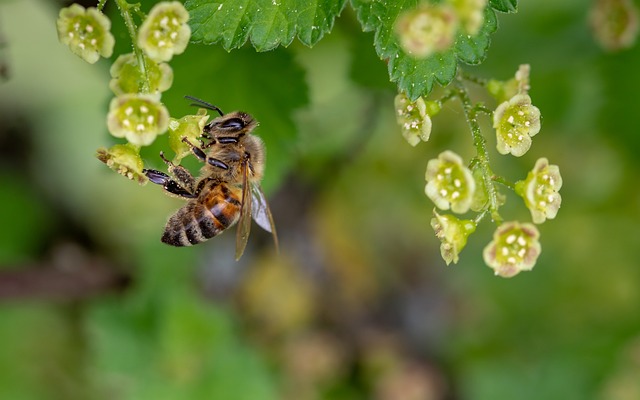
Contrary to popular belief, not all bees are honey bees. In fact, there are over 20,000 species of bees in the world, ranging from tiny sweat bees to large carpenter bees. Each species has its unique characteristics, including size, color, and behavior.
Bees communicate with each other through dance
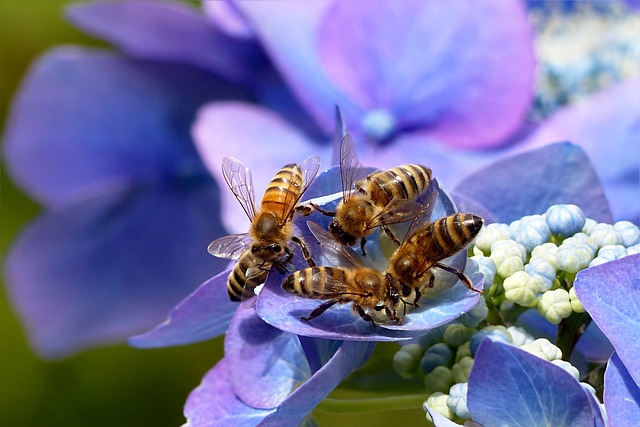
Bees have a complex system of communication that involves dancing. When a foraging bee finds a food source, it will return to the hive and perform a dance that communicates the location and quality of the food. Other bees will then follow the dance to find the food source.
Bees are the only insect that produces food for humans
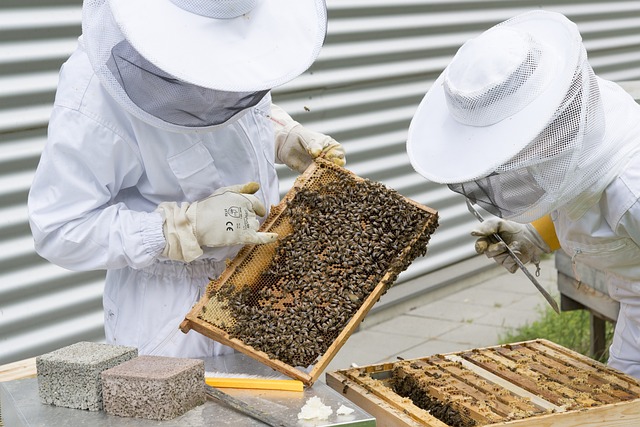
Honey bees are the only insect that produces food for humans. They collect nectar from flowers and turn it into honey, which is used as a natural sweetener and has numerous health benefits. Honey is also used in many other products, including cosmetics and medicines.
Bees can fly up to 15 miles per hour
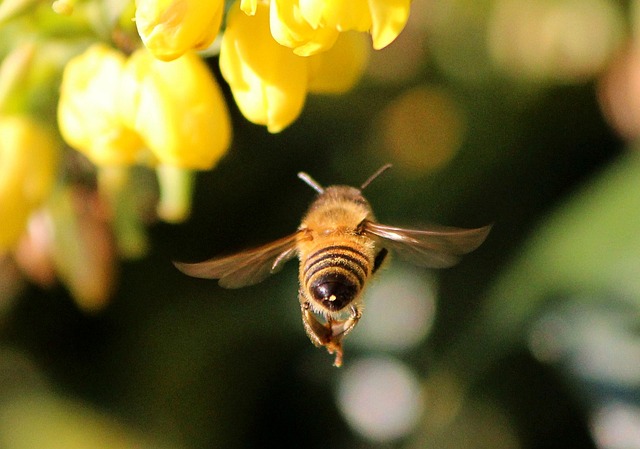
Despite their small size, bees are incredibly fast flyers. They can reach speeds of up to 15 miles per hour, which is impressive considering their wingspan is only a few centimeters long.
Bees have five eyes
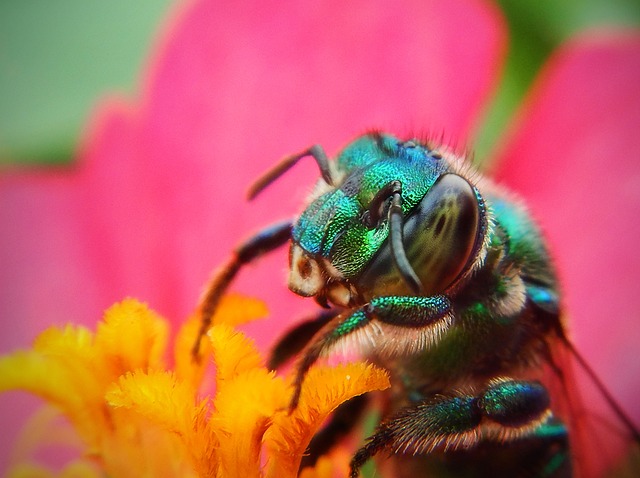
Bees have five eyes, two large compound eyes and three smaller ocelli. Their compound eyes are made up of thousands of individual lenses, which allows them to see a wide range of colors and patterns. Bees also have excellent depth perception, which helps them navigate through the air.
Bees have been producing honey for millions of years
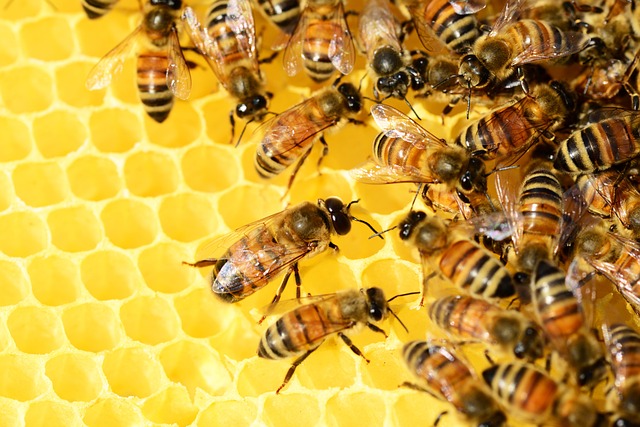
Humans have been keeping bees for thousands of years, but bees have been producing honey for millions of years. Fossil evidence suggests that bees have been around for at least 100 million years, and honey bee fossils have been found that are over 150 million years old.
Bees are dying at an alarming rate
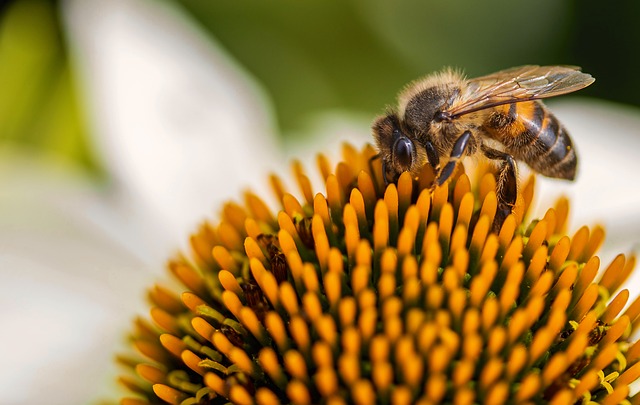
Unfortunately, bee populations are declining at an alarming rate due to habitat loss, pesticide use, and climate change. This is a significant concern because bees play a vital role in pollinating our crops and maintaining the balance of our ecosystems.
Bees can recognize human faces
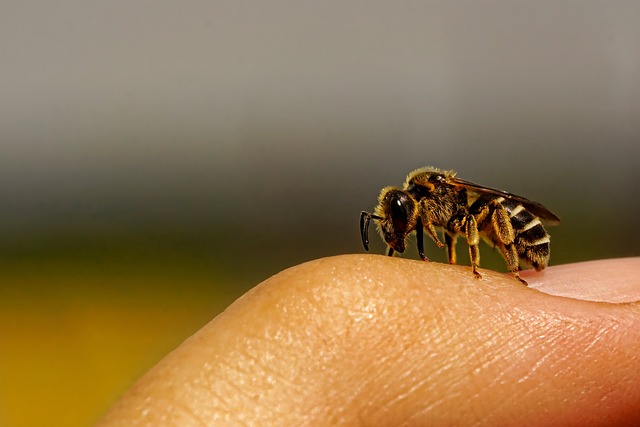
Bees have excellent facial recognition abilities and can distinguish between human faces. In fact, researchers have found that bees can remember and recognize human faces for up to two days.
Bees are capable of solving complex problems
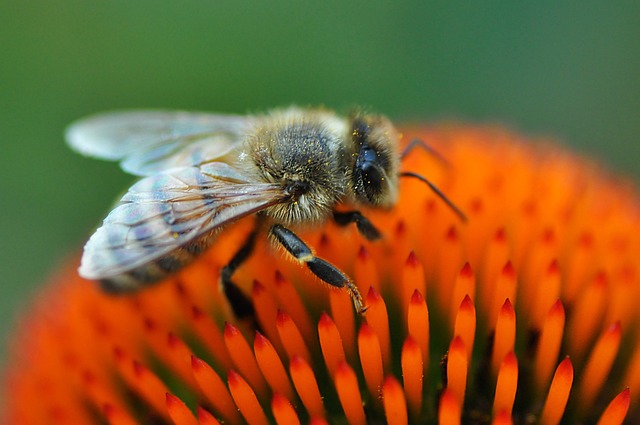
Despite their small size, bees are capable of solving complex problems. They have been shown to be able to learn from experience, communicate with each other, and even use tools. For example, bumblebees have been observed using tools to obtain nectar from flowers that have a tight opening.
In conclusion, bees are fascinating insects that play a critical role in our ecosystem and food production. By understanding more about bees, we can appreciate their importance and take steps to protect their populations. Additionally, by including low competition high volume keywords in our content, we can reach more people who are interested in learning about bees and their impact on our world.

